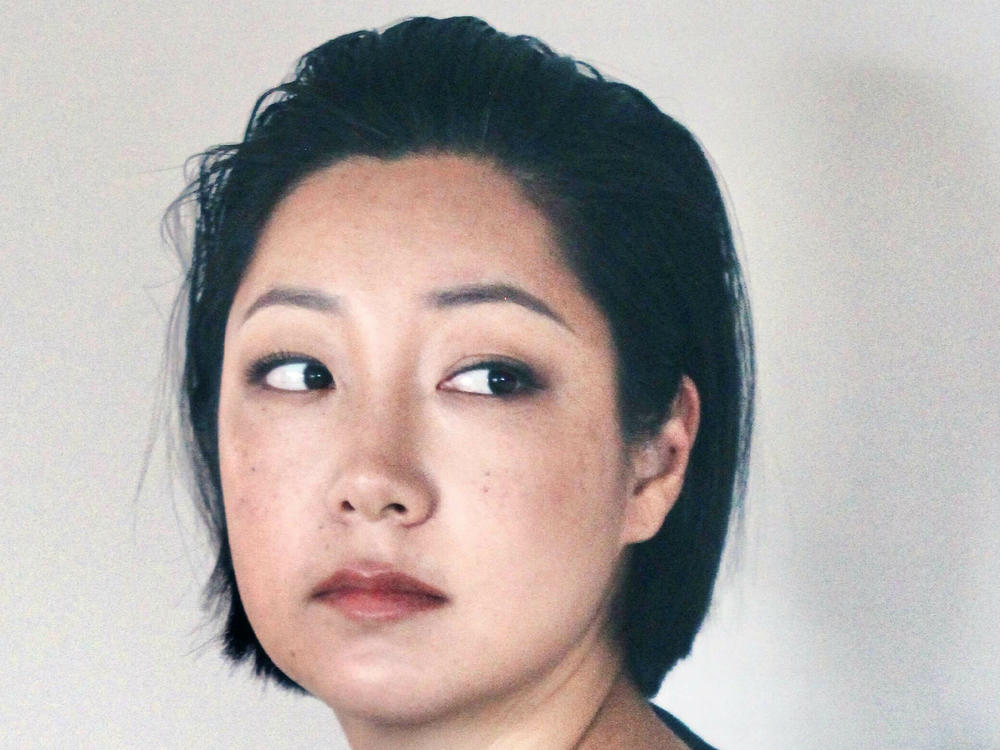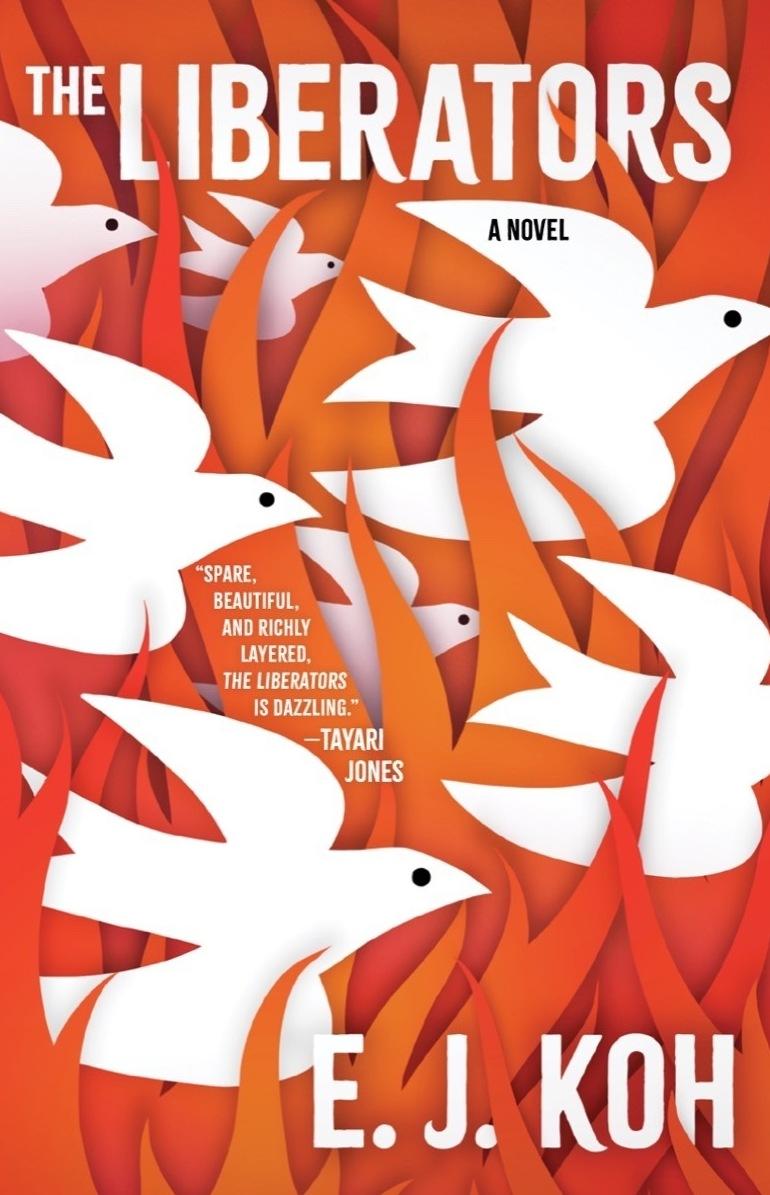Section Branding
Header Content
'We cannot fail so big as war': A writer's lesson from examining the Korean War
Primary Content
In just over 200 pages, E.J. Koh spans decades to tell the individual stories of lives impacted by the Korean War.
Who is she? E.J. Koh is an author, poet and translator of Korean literature.
What's going on? In The Liberators, her debut novel, Koh delves into the pain and history of families forced to immigrate from Korea after the war split the nation in two.
- For Koh, zooming in on the characters' individual stories was a means to accurately portray the endless impact of the conflict.
- "We get to really see how every individual makes a choice — makes a different choice, maybe about how to, or whether they should, erase the troubling origins of the war, or reconcile with the urge to do so in the face of inherited grief and violence and pain. And so we come to a really human level of understanding these choices."
What is she saying? Koh sat down with All Things Considered host Ari Shapiro to discuss the thinking behind the many perspectives in her book, and how the writing process impacted her own perception of her family history.
On including characters that process their grief and trauma in a variety of ways:
There's this wonderful author and researcher, Elizabeth Rosner, who talks ... that humanity, that our human lineage, is a braid of both destruction and restoration.
And so that means that when we tell stories and we carry memories, we want to tell the stories of both the perpetrators and the collaborators, the prisoners and the guards, the murdered and the survivors. You want to be responsible for the entire braid because that's what our humanity looks like. That's what we're reckoning with.
For another perspective on family and migration, listen to Consider This on how violence in Sudan forced one mother to make a difficult choice.
On reckoning with her own lineage:
This work of fiction came after the work in my memoir, where I did a lot of looking into not only my family's stories but the history that we have in Japan, Korea and the U.S., and particularly Jeju Island, the island off of mainland South Korea. And while doing that ... there was a few — like, my mother's parents especially — that ... stayed with me. In a way, they became shadows to some of the main characters in this work of fiction.
On the importance of hope, in remembering pain and forging new paths forward:
It can be difficult. And I don't think it's ever been written in a way where hope came across as really simple and easy and straightforward. But I found, at least in working with, you know, mass trauma and grief and suffering, that there is a process to testimony, to telling stories, to sharing these stories, to listening. And really, a lot of what you're doing here in this moment matters, that nothing is always inevitable and that each of us have that point, and we can ask more questions.
So, what now?
- Here's an excerpt from Koh's acknowledgements about her deepest hope for the world:
- "My deepest hope is to understand that even if we fail, we cannot fail so big as war. And as sure as the sun rises and the world rotates, we as humans have a chance to try again."
- The Liberators is available now.
Learn more:
- 'Music was there for me when I needed it,' The Roots co-founder Tariq Trotter says
- In 'White Holes,' Carlo Rovelli takes readers beyond the black hole horizon
- Alice McDermott's 'Absolution' transports her signature characters to Vietnam
Copyright 2023 NPR. To see more, visit https://www.npr.org.


